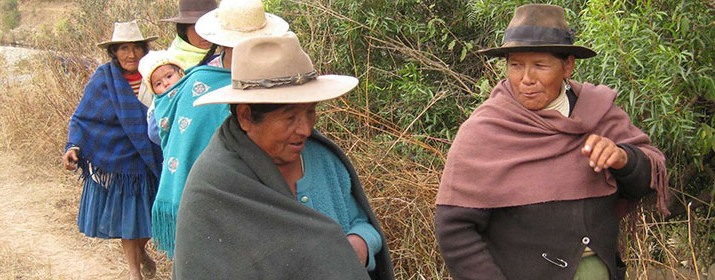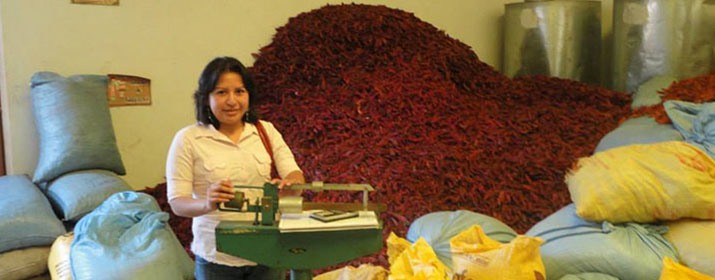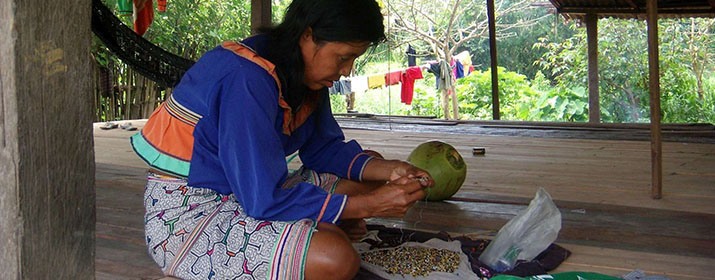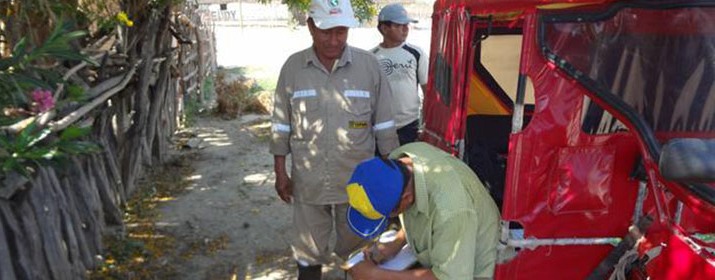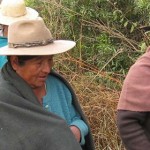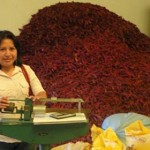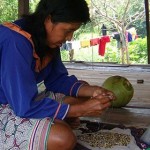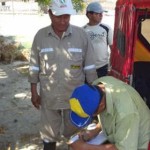In the region of Piura, half of the rural population lives in poverty. A worrying situation due to the “paradoxes of hunger“: in rural areas of developing countries, where the majority of cultivations that feed the world have been tamed, seeds are not at disposal of farmers and are produced by few multinationals. In addition, while in the cities people have relatively appropriate access to food, in the countryside – where agriculture is practiced and food is produced, the highest levels of poor diet and malnutrition are recorded.
There are at least 50,000 small farmers in the region of Piura who live in precarious conditions: low quality of basic services, poor infrastructure, health and education crumbling, roads in poor condition and few mechanisms for the producer-consumer integration or to facilitate farmers’ access to major markets. To overcome this situation, small farmers who provide food for the urban population, are organizing themselves and are asking authorities to pass regulations and design marketing plans to promote healthy, sovereign and kilometer zero food consumption.
This project aims to contribute to the improvement of the living conditions of farmers in the most depressed rural areas of Piura Region, promoting the use and dissemination of good agricultural practices for the cultivation and marketing of agro-food native varieties, which are essential for food security. The application of laws on food security and sovereignty, and the strengthening of local governments’ role will be crucial to protect and promote the consumption of local agricultural products.
200 production units will be equipped with optimized irrigation systems, improving soil fertility; and 100 small-scale farmers will realize the selection, production, storage and distribution of propagation materials (cuttings, tubers, seeds, etc..) not infected by fungi, viruses, phytoplasmas and bacteria. Through the agro-ecological certification (SGP) and the development of “markets of the Earth”, cultivation and marketing of ten local products will be promoted.

